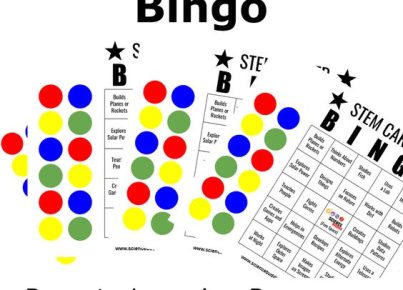In today’s competitive job market, equipping students with job readiness skills is essential for their future success. Educators play a significant role in preparing students for the workforce and can incorporate various classroom activities to accomplish this goal. Here are 22 classroom activities that teach job readiness skills:
1. Resume Writing: Teach students how to create compelling resumes by highlighting their experience, accomplishments, and skills.
2. Cover Letter Crafting: Guide students through writing personalized cover letters to accompany their resumes.
3. Mock Interviews: Simulate job interviews in the classroom, offering feedback on responses, body language, and confidence.
4. Dress for Success: Demonstrate appropriate professional attire for different work environments.
5. Networking Skills: Encourage students to practice introducing themselves and exchanging business cards in a simulated networking event.
6. Goal Setting: Teach students to set short-term and long-term career goals and outline steps to achieve them.
7. Elevator Pitch: Instruct students to create a 30-second pitch showcasing their skills, passions, and what sets them apart from others.
8. Time Management: Present time management strategies using calendars, to-do lists, and prioritization.
9. Teamwork Exercises: Organize group projects that encourage collaboration, communication, and problem-solving.
10. Conflict Resolution: Role-play scenarios involving workplace conflicts and guide students on how to effectively resolve disagreements.
11. Email Etiquette: Teach students about proper email formatting, tone, subject lines, and signatures.
12. Public Speaking: Assign presentations or speeches to improve students’ public speaking abilities and confidence.
13. Active Listening: Encourage active listening by having students rephrase what others say before responding in discussions or group work.
14. Work Ethic Development: Implement lessons on punctuality, organization, accountability, and perseverance in the classroom setting.
15. Online Professionalism: Discuss maintaining a positive online presence and the impact of social media on job opportunities.
16. Customer Service Skills: Use role-plays and simulations to teach proper customer service techniques, such as empathizing, problem-solving, and handling difficult customers.
17. Job Search Strategies: Educate students on researching job openings, using online resources, and networking effectively.
18. Career Exploration: Invite guest speakers to discuss various careers or organize a career day for students to learn about different professions.
19. Performance Evaluations: Provide feedback on assigned tasks or projects, focusing on areas of improvement and celebrating successes.
20. Decision-Making Skills: Facilitate activities that require critical thinking and decision-making, aiding in the development of these crucial workplace skills.
21. Adaptability Exercises: Assign group tasks with unpredictable twists to help students adapt to changing circumstances and environments.
22. Giving and Receiving Feedback: Offer guidance on providing constructive criticism and how to incorporate feedback in personal growth.
Incorporating these activities into your curriculum will help prepare students for the workforce by building essential job readiness skills that employers seek. Foster an environment where continuous learning, adaptability, and self-reflection are welcomed; this will set the foundation for a successful career journey.




